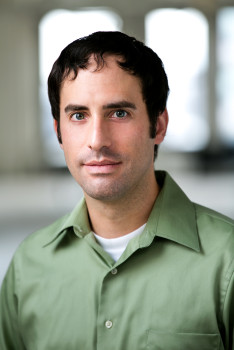Can Big Data predict the Best Picture Oscar winner?
With many struggling to provide insights from Big Data Bryan Melmed puts his money where his mouth is by using it to predict the winner of the Best Picture Oscar.
Can big data insights predict the winner of Best Picture at Sunday’s Oscars? We think it can and we are betting the farm on 12 Years a Slave. And this is how we figured it out.
Firstly, we know that the winners are chosen by less than 6,000 votes, cast by a group the Los Angeles Times discovered are older (86 per cent are over 50), white (94 per cent), and male (77 per cent).



Nice ‘big data’ PR stunt, but I know a 66 year old who can pick a winning horse in a field of 24 every time without “indexing” the participants! Suggestion: run your ‘model’ against the results of the last five years. If the model picks the winner in a majority of these years, then you’re onto something. Big data doesn’t need a future result to validate its accuracy. Oh, and there’s a reasonable correlation between the winning film and adspend in Variety.
Congrats.
Well done.
Also, doesn’t the methodology prove films popular amongst rich, white, old, male west-coast Americans win Academy Awards?
Not sure why the endorsement of the planet’s least popular demographic would count for much.
Replace ‘big data’ with ‘probability’.